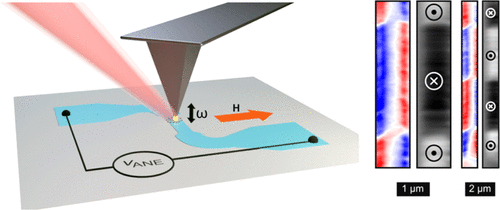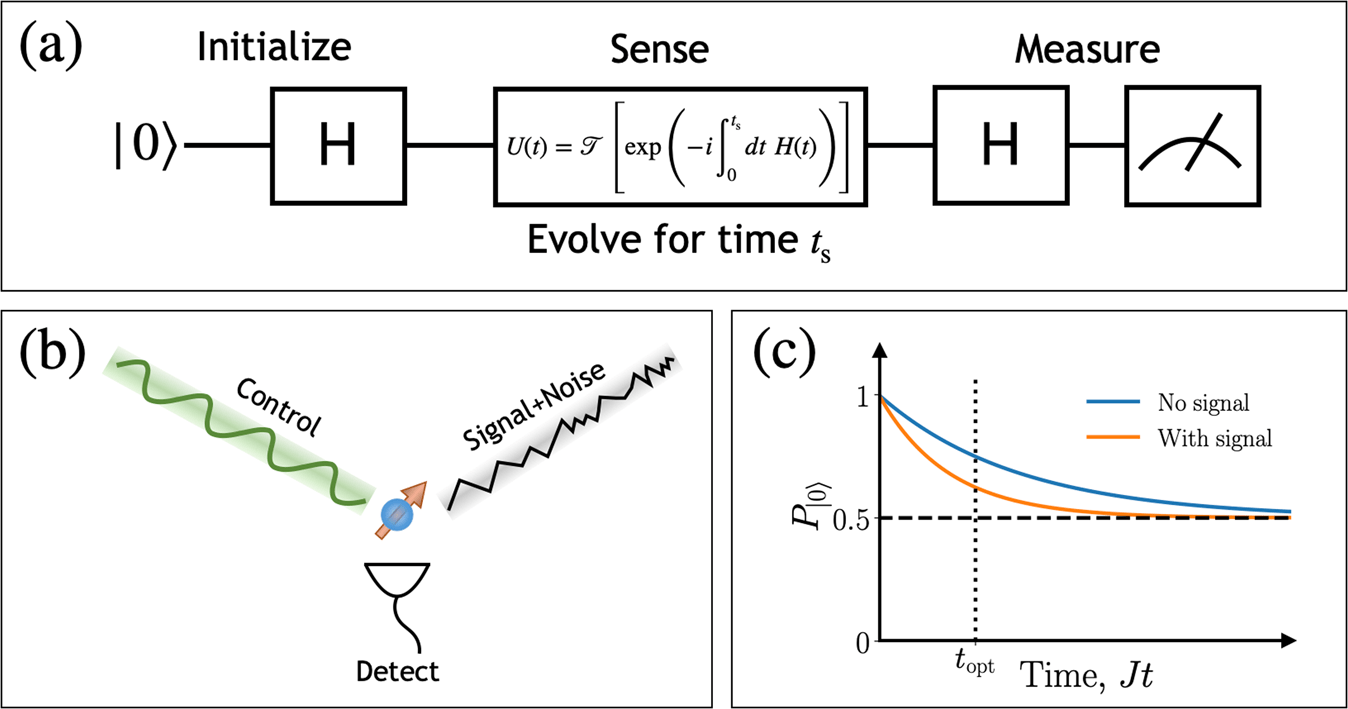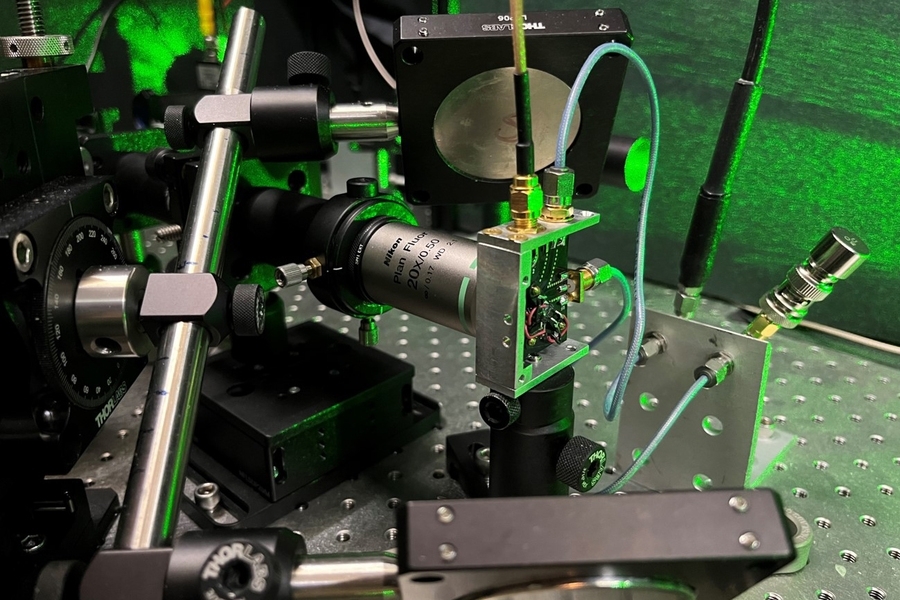Searches for dark matter and the detection of gravitational waves in the Universe have been boosted by the announcement from the UKRI Science Technology and Facilities Council (STFC) of initial funding for the AION (Atom Interferometry Observatory and Network) project within its new Quantum Technologies for Fundamental Physics programme.
The UK Quantum Technology Hub Sensors and Timing is a key partner for the AION project, alongside the MAGIS Collaboration, US and the Fermi National Accelerator Laboratory, US. The project is a consortium of the University of Birmingham, University of Cambridge, Imperial College London, Kings College London, University of Liverpool, University of Oxford, and STFC Rutherford Appleton Laboratory.
The interdisciplinary team of researchers, engineers and PhD students from the particle physics, cold atom and astronomy communities will develop the technology to build and reap the scientific rewards from the first large-scale atom interferometer in the UK.
The UKRI funding will support the design of a 10m atom interferometer, leading towards the construction of the instrument, and paving the way for larger-scale experiments in the UK in the future. Members of the consortium will also contribute to MAGIS, a partner experiment situated at the Fermi National Laboratory in the USA, networking the two instruments together.
The University of Birmingham team, led by Dr Michael Holynski, Prof Kai Bongs, Dr Mehdi Langlois, Dr Samuel Lellouch, Sam Hedges and Dr Yeshpal Singh will bring their atom interferometry expertise to AION and focus on realising new levels of large momentum transfer to enable the exquisite sensitivity required to achieve the scientific goals of the project, while also providing leadership on the realisation of economic impact.
This programme of research will enable a ground-breaking search for ultra-light dark matter and pave the way for the exploration of gravitational waves in a frequency range previously inaccessible, opening a new window on the mergers of massive black hole and novel physics in the early universe.
The new funding will also establish a leading role for the University of Birmingham in large-scale atom interferometry for fundamental physics research, as the AION consortium looks towards possible 100m- and km-scale terrestrial detectors as well as a future space mission.
Dr Michael Holynski, Atom Interferometry Lead at the University of Birmingham, said: “We are delighted that STFC is supporting the AION project, which will enable our consortium to bring atom interferometry to exciting questions in fundamental physics and, in conjunction with the UK Quantum Technology Hub Sensors and Timing, help drive new economic impacts from quantum technologies.
Further reading:
AION Collaboration; AION: An Atom Interferometer Observatory and Network; JCAP 05 (2020) 011, arXiv:1911.11755.
Y. El-Neaj et al.; AEDGE: Atomic Experiment for Dark Matter And Gravity Exploration in Space; EPJ Quant. Technol. 7 (2020) 6, arXiv:1908.00802.
The post AION: A UK Atom Interferometry Observatory and Network appeared first on Quantum Sensors.



